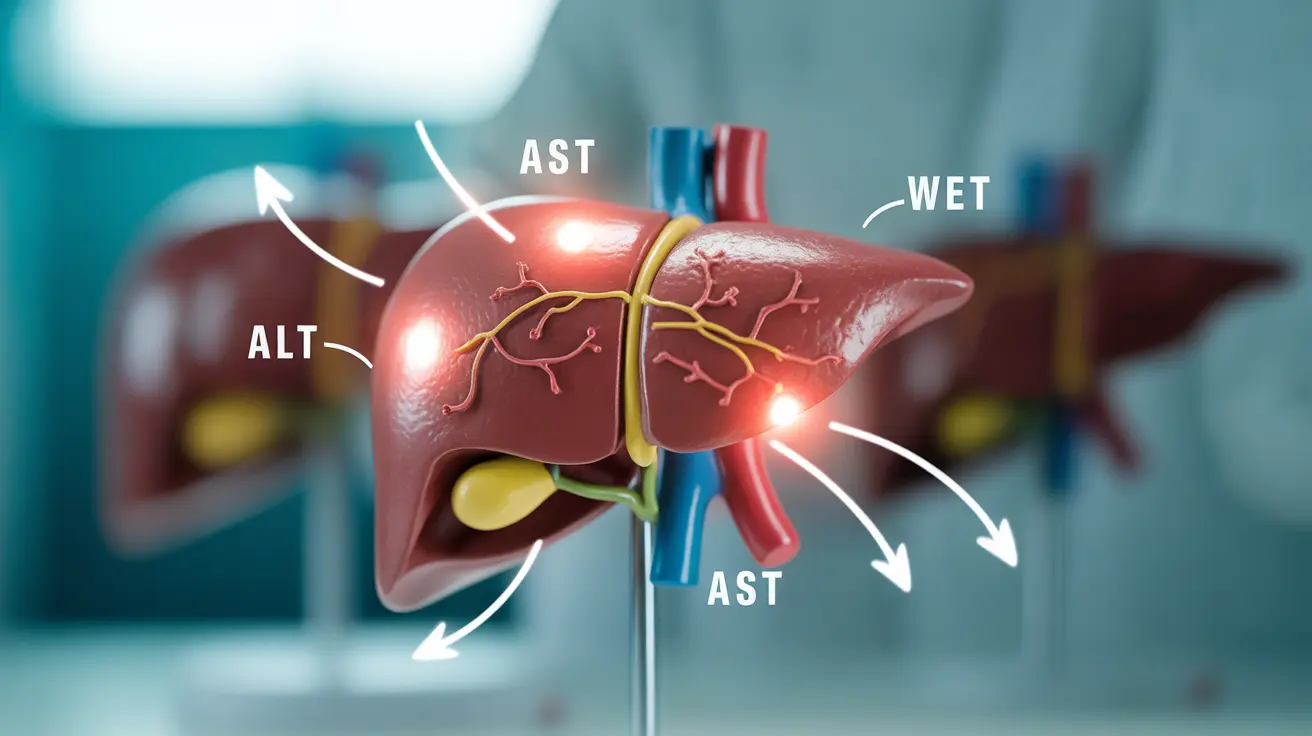Liver enzyme levels naturally change throughout the day, and understanding these fluctuations is crucial for interpreting blood test results accurately. While some variation is normal, significant changes in liver enzyme levels can provide important clues about your liver health and overall well-being.
This comprehensive guide explores the various factors that influence liver enzyme levels, helping you understand when fluctuations are normal and when they might signal a need for medical attention.
Normal Liver Enzyme Fluctuations vs. Concerning Changes
Liver enzymes typically show some natural variation due to daily biological rhythms and activities. The most commonly measured enzymes include ALT (alanine aminotransferase) and AST (aspartate aminotransferase), which can fluctuate within a normal range without indicating health problems.
However, persistent elevations or dramatic changes may warrant further investigation. Understanding the difference between normal variations and concerning changes is essential for proper health management.
Common Causes of Liver Enzyme Fluctuations
Dietary Factors
What you eat and drink can significantly impact your liver enzyme levels. Heavy meals, particularly those high in fat, can cause temporary elevations. Alcohol consumption, even in moderate amounts, may also lead to short-term increases in liver enzymes.
Physical Activity
Exercise, especially intense workouts or weight training, can temporarily raise liver enzyme levels. This elevation typically resolves within a few days and doesn't indicate liver damage.
Medications and Supplements
Many common medications, including over-the-counter pain relievers and prescription drugs, can affect liver enzyme levels. Some supplements may also influence these readings, making it important to inform your healthcare provider about all substances you're taking.
Monitoring and Managing Liver Enzyme Levels
Regular Testing
If you're monitoring liver enzymes, consistent testing schedules and standardized conditions can help provide more accurate results. Morning appointments, before eating or exercising, often provide the most reliable measurements.
Lifestyle Modifications
Several lifestyle changes can help maintain healthy liver enzyme levels:
- Maintaining a balanced, liver-friendly diet
- Limiting alcohol consumption
- Staying properly hydrated
- Getting regular, moderate exercise
- Managing weight effectively
- Getting adequate sleep
When to Seek Medical Attention
While some fluctuation is normal, certain situations require prompt medical evaluation:
- Persistent elevation of liver enzymes over multiple tests
- Sudden, significant increases in enzyme levels
- Accompanying symptoms like jaundice, abdominal pain, or extreme fatigue
- Known exposure to hepatotoxic substances
Frequently Asked Questions
Why do liver enzyme levels fluctuate and what factors can cause these changes?
Liver enzyme levels fluctuate due to various factors including diet, exercise, medications, time of day, and overall health status. Normal daily activities, stress, and even sleep patterns can cause temporary changes in liver enzyme readings.
How can I tell if fluctuating liver enzymes are a sign of serious liver disease?
Serious liver disease typically shows persistent elevation of liver enzymes across multiple tests, often accompanied by other symptoms like fatigue, jaundice, or abdominal pain. Single elevated readings without other symptoms are less likely to indicate serious disease.
What lifestyle changes can help manage or reduce elevated liver enzyme levels?
Key lifestyle changes include reducing alcohol intake, maintaining a healthy weight, eating a balanced diet, exercising regularly, and avoiding harmful substances. These modifications can help normalize liver enzyme levels in many cases.
When should I be concerned about persistent or rising liver enzyme levels?
Concern is warranted when liver enzyme levels remain elevated for more than three months, show a steady increasing trend, or are accompanied by symptoms of liver dysfunction. Regular monitoring and consultation with healthcare providers is essential in these cases.
Can medications or exercise cause temporary increases in liver enzymes?
Yes, both medications and exercise can cause temporary increases in liver enzymes. Many common medications, including acetaminophen and statins, can affect liver enzyme levels. Intense physical activity can also cause short-term elevations that typically resolve within a few days.




